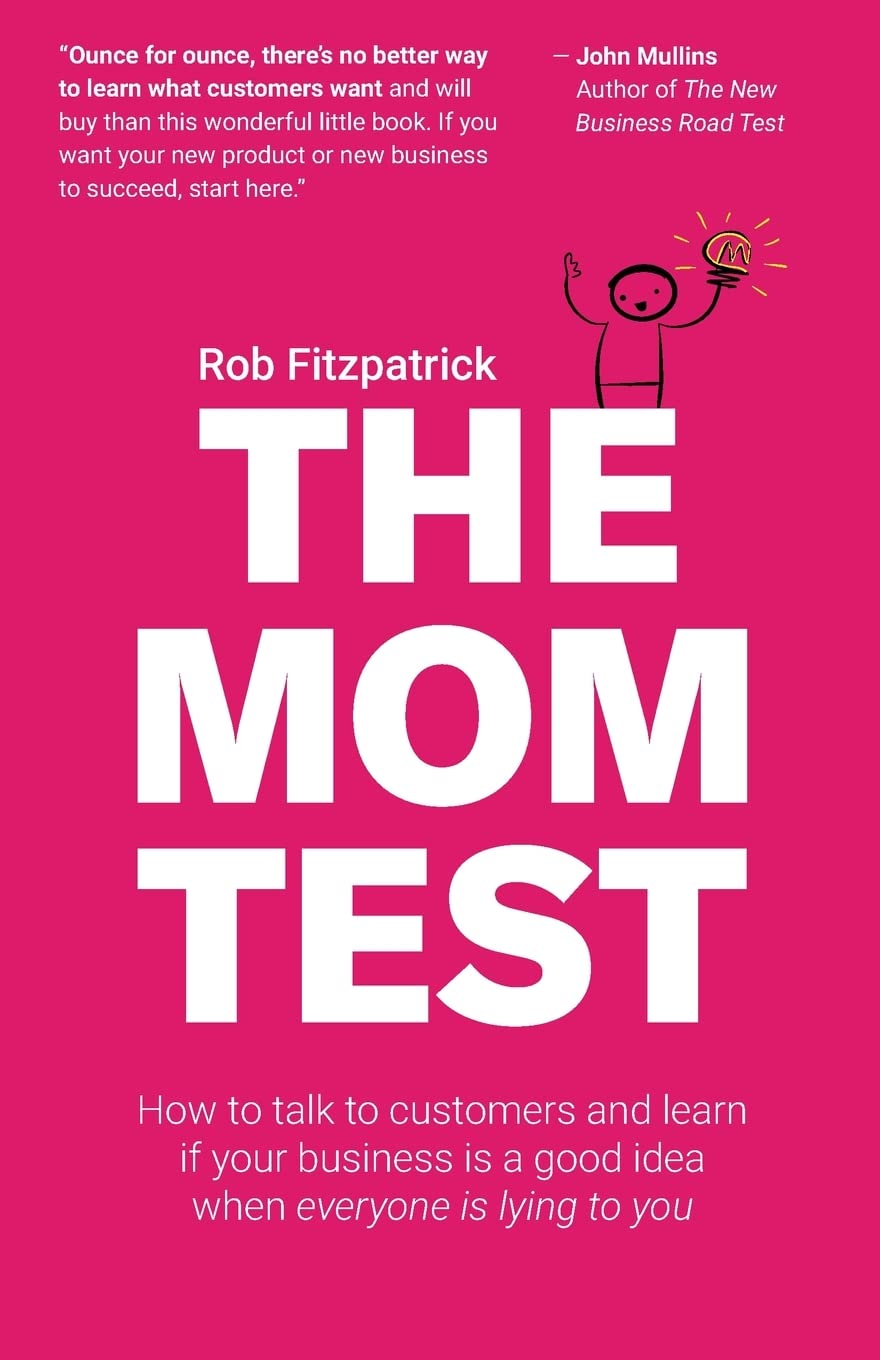Tuesdays with Morrie - Mitch Albom
- Anderson Petergeorge
- Apr 27, 2024
- 2 min read
Overview
Documents Mitch Albom's visits with Morrie Schwartz, his former college professor facing the end of his life due to ALS. The memoir shares Morrie's valuable insights on vital aspects of life, including love, work, and death, imparting a profound understanding of how to live authentically and compassionately. Through their conversations, Albom reevaluates his life's priorities, illustrating the enduring impact of a mentor's wisdom and the transformative power of genuine human connection.
Notable Quotes
“Do the kinds of things that come from the heart. When you do, you won’t be dissatisfied, you won’t be envious, you won’t be longing for somebody else’s things. On the contrary, you’ll be overwhelmed with what comes back”
“Devote yourself to loving others, devote yourself to your community around you and devote yourself to creating something that gives you purpose and meaning”
“It’s not just other people we need to forgive…We also need to forgive ourselves…for all the things we didn’t do. All the things we should have done. You can’t get stuck on the regrets of what should have happened”
“Love is when you are as concerned about someone else’s situation as you are about your own”
“The most important thing in life is to learn how to give out love and how to let it come in”
Mitch asked Morrie on his second-last Tuesday what is his definition of a perfect day if he was perfectly healthy? His reply contained hearty breakfast, swimming, talking with friends and family, walking in nature, having a fulfilling dinner, and sleeping. Not a single mention of work, money, or fame. As he was close to leaving all this behind, he realized what a perfect day should have been.
“So many people walk around with a meaningless life. They seem half-asleep, even when they’re busy doing things they think are important. This is because they’ve been chasing the wrong things. The way you get meaning in your life is to devote yourself to loving others, devote yourself to your community around you, and devote yourself to creating something that gives you purpose and meaning.”
"Why are we embarrassed by silence? What comfort do we find in all the noise?”
“We are so afraid of the sight of death . . . As soon as someone dies in a hospital, they pull the sheets up over their head, and they wheel the body to some chute and push it down. . . . It’s not contagious, you know. Death is as natural as life. It’s part of the deal we made.”
“If you don’t have the support and love and caring and concern that you get from a family, you don’t have much at all.”
“Death ends a life, not a relationship.”
“People are only mean when they’re threatened . . . and that’s what our culture does. That’s what our economy does. Even people who have jobs in our economy are threatened, because they worry about losing them. And when you get threatened, you start looking out only for yourself.”
“We’re involved in trillions of little acts just to keep going. So we don’t get into the habit of standing back and looking at our lives and saying: Is that all? Is that all I want? Is something missing?”




Comments